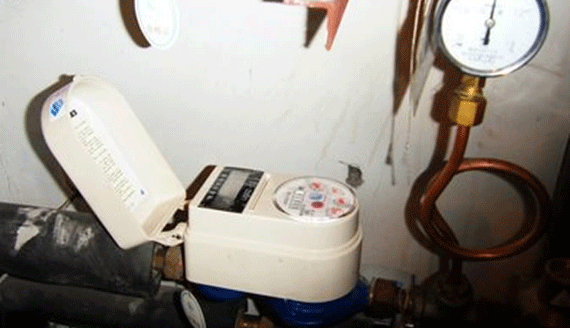
THE proposed installation of pre-paid water meters in Bulawayo has the potential of increasing the city council’s annual revenue base to $41 125 million annually up from $29 157 million as well as improving the consumer metering and billing system.
NQOBILE BHEBHE CHIEF REPORTER
Pre-paid billing has been in the pipeline for years and the project is set to be first rolled out in Cowdray Park high-density suburb before spreading to other areas.
Over the years, local authorities have struggled to collect revenue from customers, including residents, commercial entities and government departments, forcing them to embark on extensive water cuts on defaulters.
Under the pre-paid water system, consumers would purchase vouchers linked to a credit card with a code that they feed into the meters and get credit units commensurate with the value. Failure to buy credit units would result in one being automatically disconnected.
According to a council report, the Bulawayo City Council said the “installation of the meters was the best way to ensure that the 2014 revenue budget performs well in terms of collections and therefore should be implemented urgently”.
“The meeting agreed that due to the importance of the issue, therefore, the scope of this project should be extended beyond the confines of the current resolution that says the pilot project shall be done in Cowdray Park only, but instead should also include the replacement of stolen or missing water meters in all areas and also all newly-developed suburbs, medium and high-density. This will create a reasonably wide base of meters to observe financially,” reads part of the report.
The director of engineering services Simela Dube told council on February 21 that according to the census of 2012, Bulawayo had a population of around 653 593 people residing in an estimated 139 000 properties.
- Chamisa under fire over US$120K donation
- Mavhunga puts DeMbare into Chibuku quarterfinals
- Pension funds bet on Cabora Bassa oilfields
- Councils defy govt fire tender directive
Keep Reading
“Out of these, it was estimated that over 25 000 properties had meters that are old and in need of replacement. Such meters represented a component of water losses (real and apparent), which was one of the many challenges in water demand management that prompted the city to compile a working document to curb such problems,” said Dube.
“Non-revenue water, which included both real and apparent losses, had been calculated as 69% of the water produced or 102 measuring inaccuracies (Ml)/day. Of this, the potential existed to recover an estimated 33,5Ml/day in real losses (leaks and bursts), and 28,5Ml/day in apparent losses.
“The potential also existed to increase billed revenue from $29 157 million/annum $41 125 million/annum, an increase of $12 million/annum,” said Dube.
The report said from the consultative meetings with residents, there was interest in using pre-paid meters over the current post-paid method.










